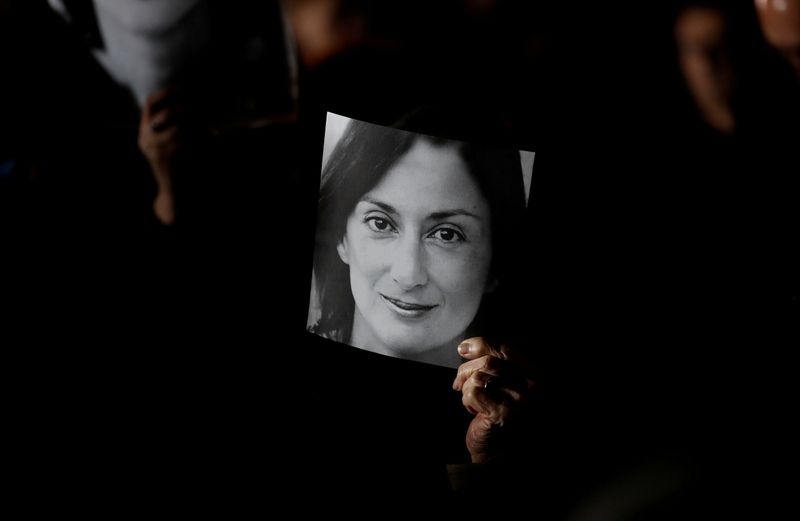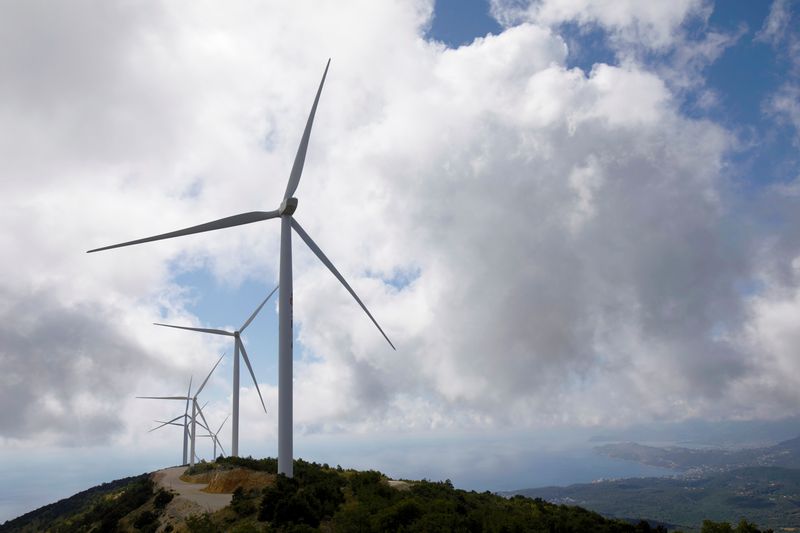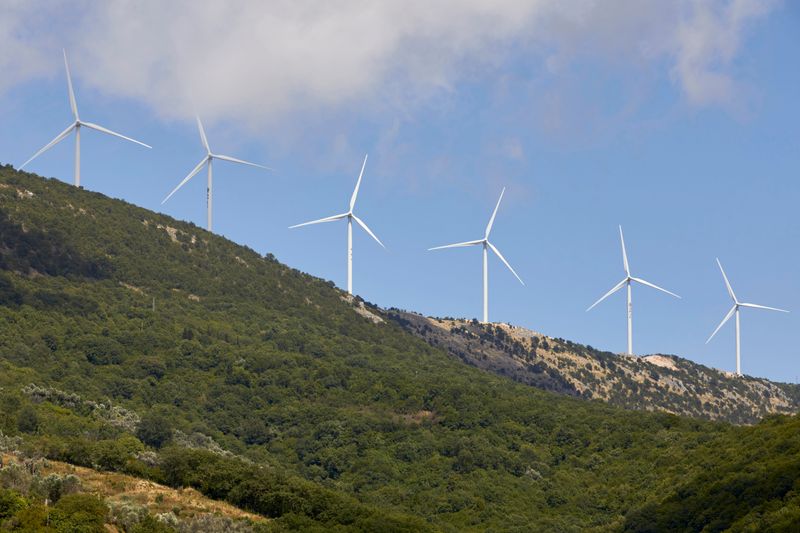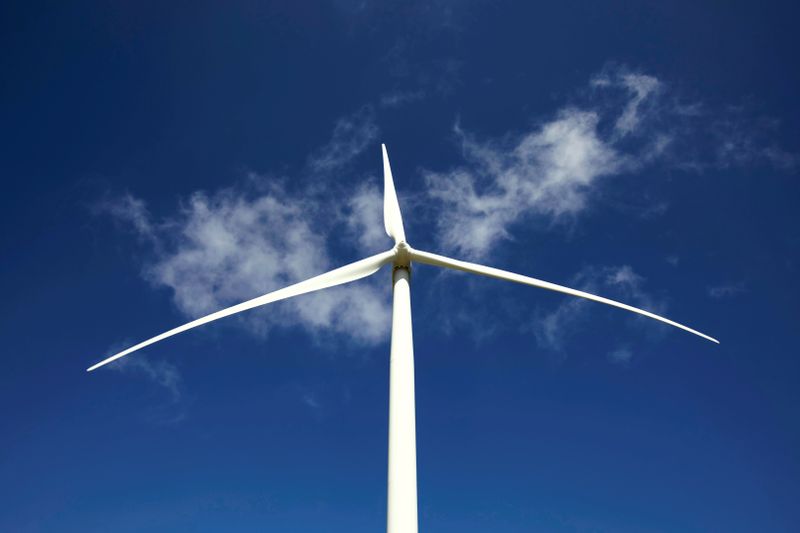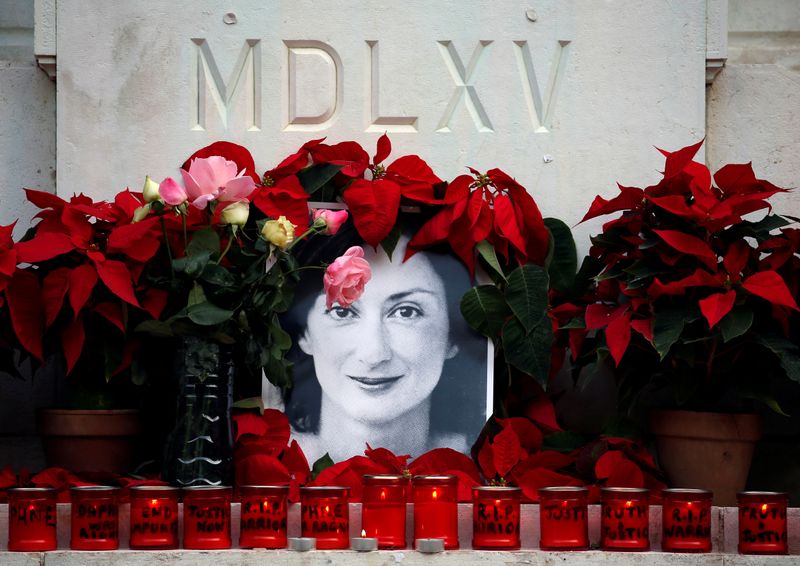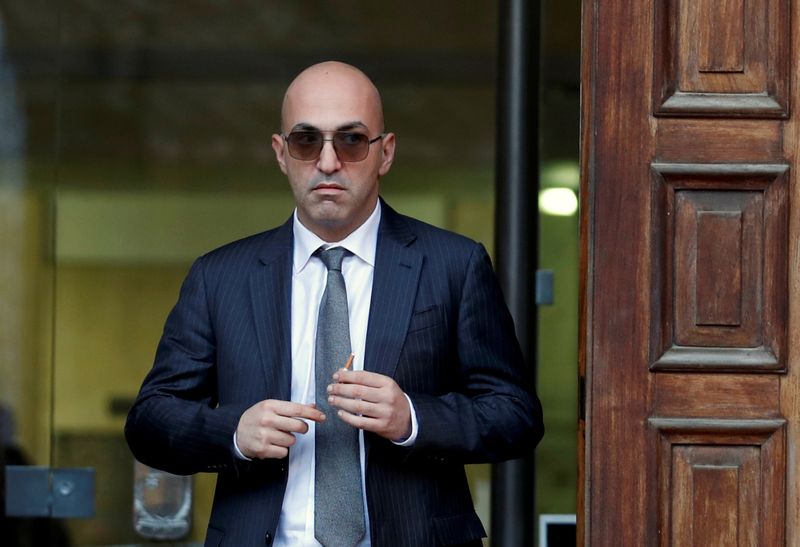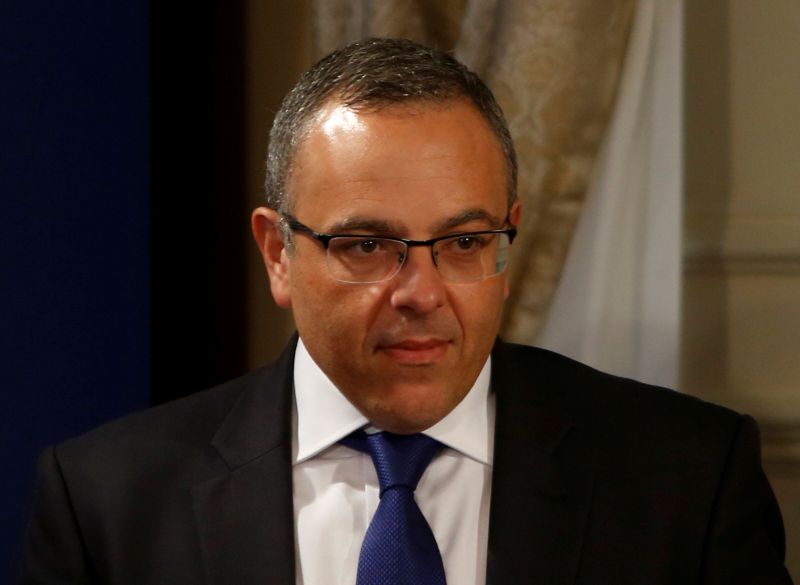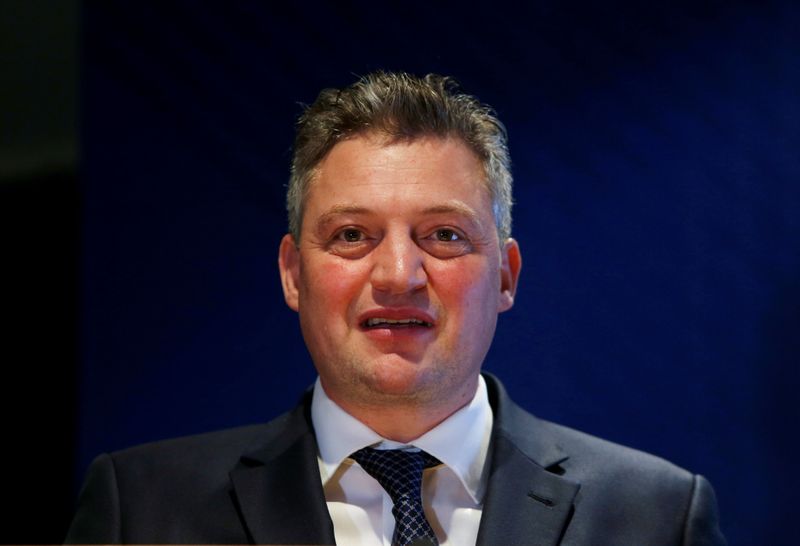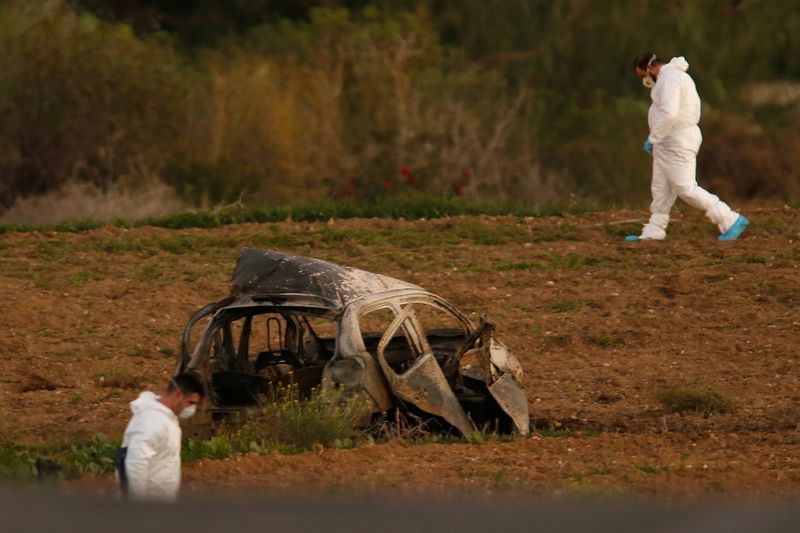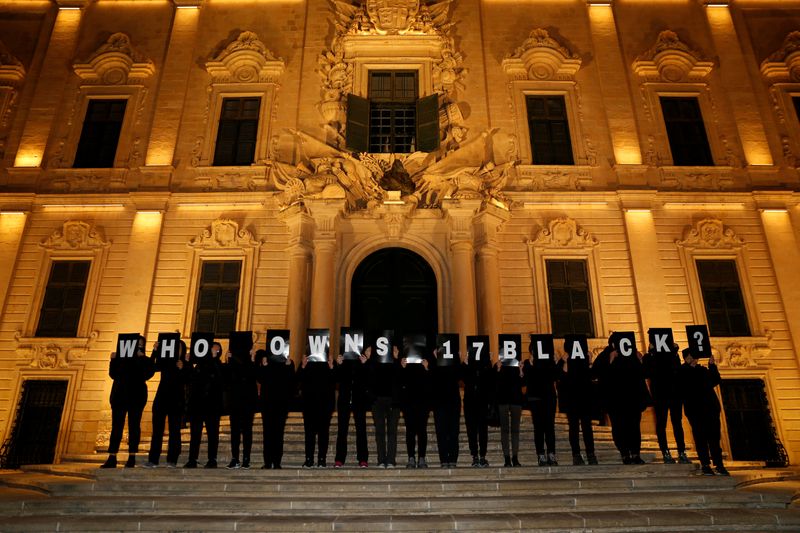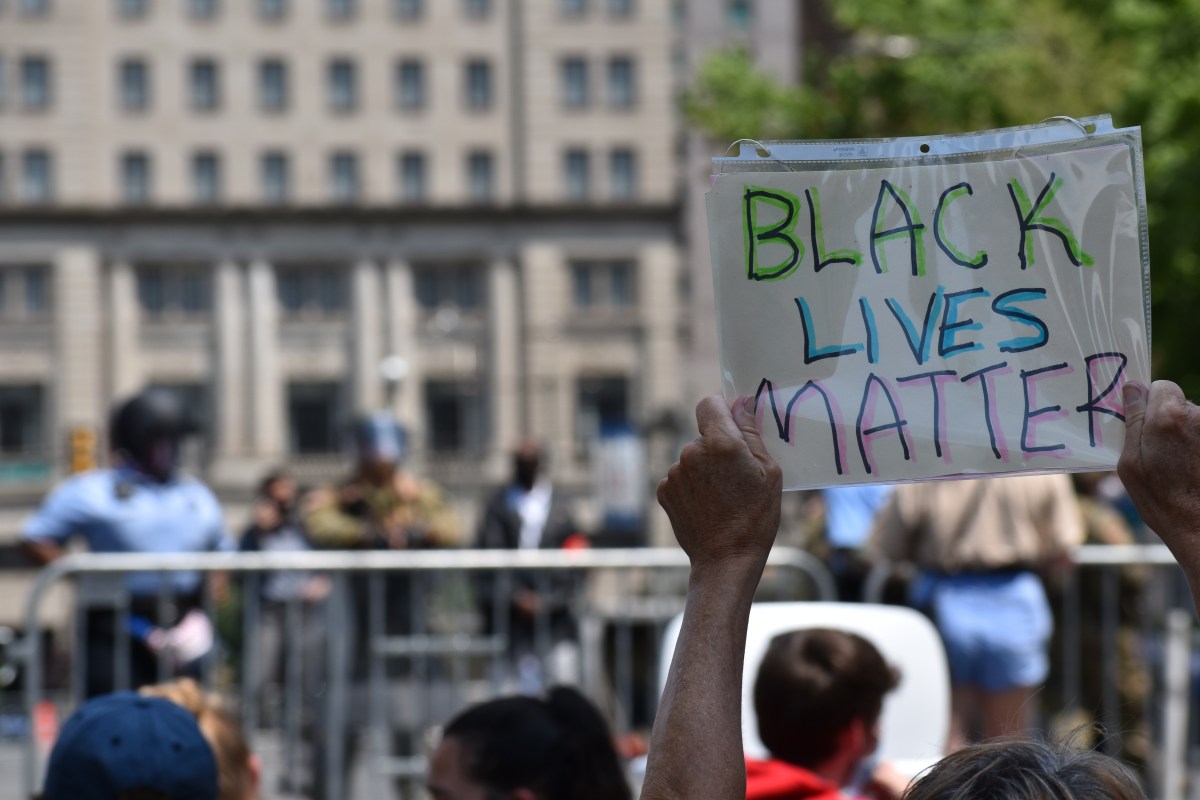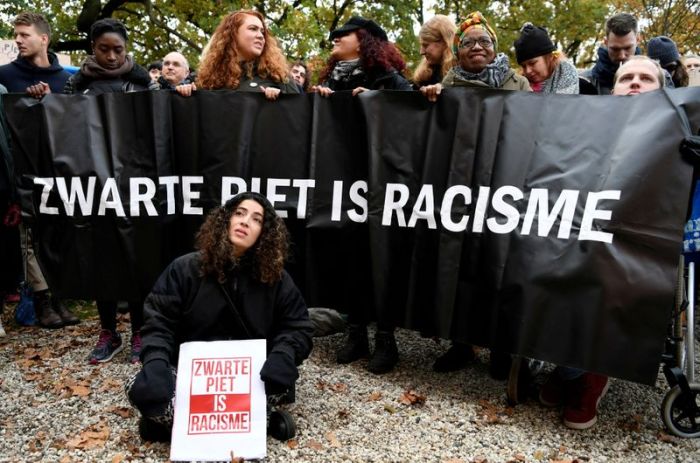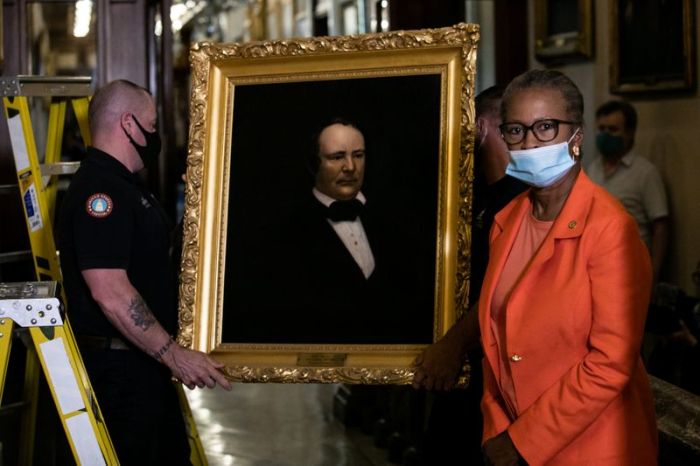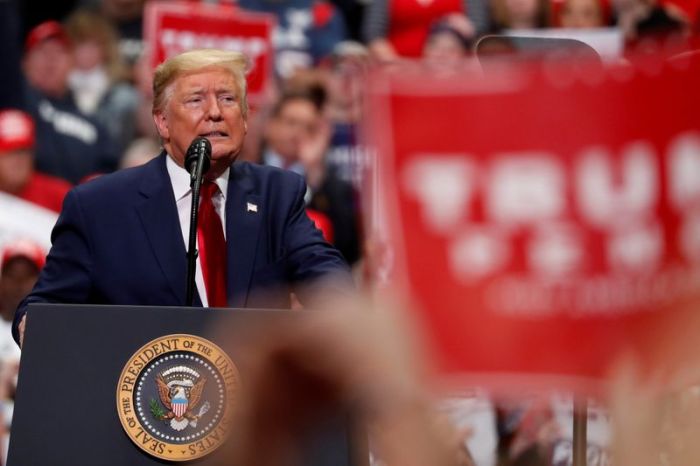VALLETTA (Reuters) – In the months before her murder in 2017, Maltese journalist Daphne Caruana Galizia was on the trail of an offshore company called 17 Black Limited.
She didn’t know who owned the firm, which was registered in the United Arab Emirates. But she was certain it was set up to channel corrupt payments to her country’s leaders, she wrote in her blog, without providing evidence.
Caruana Galizia was killed in a car bombing in October 2017.
Last year, police charged one of Malta’s wealthiest businessmen, Yorgen Fenech, previously revealed by Reuters to be the owner of 17 Black, with ordering her murder. He denies the charge. The assassination triggered a political crisis in Malta that drove Prime Minister Joseph Muscat from office earlier this year.
17 Black’s activities have remained shrouded in mystery. But now new evidence uncovered by Reuters and the Times of Malta sheds light on its operations through one particular deal.
In December 2015, 17 Black made a previously undisclosed profit of 4.6 million euros ($5 million) when Malta’s state energy company, Enemalta, bought a wind farm in Montenegro. The purchase came after negotiations and several trips to Montenegro led by Malta’s then energy minister, Konrad Mizzi.
In that same month, accountants for Mizzi and the prime minister’s then chief of staff, Keith Schembri, wrote in an email that Schembri and Mizzi stood to receive payments from 17 Black for services that weren’t specified. Reuters and other news outlets have previously reported these emails, which were part of an application to open bank accounts for Panama firms owned by the two men.
Schembri confirmed to Reuters in April 2018 that companies he owns had devised a “draft business plan” with 17 Black that was not implemented, but he gave no further details. He is now under investigation for potential involvement in Caruana Galizia’s murder, police have said. He has denied any role in the journalist’s killing.
Mizzi has previously stated he had no involvement in or knowledge of the plot to murder Caruana Galizia.
He told Reuters he had no connection to 17 Black and disputed “that an email from my service provider states that I might profit” from the firm. Asked about his trips to Montenegro, Mizzi replied: “My involvement in this project was as Minister responsible for Enemalta, setting overall energy policy.” He said he played no part in any corrupt deals.
Reuters has found no evidence that 17 Black made the payments to Schembri and Mizzi.
MONTENEGRO VENTURE
Montenegro’s Mozura wind farm project was launched in 2010 as the Balkan state’s first major renewable energy scheme. A concession to build and run the wind farm was won by a Spanish company, Fersa Renovables, since merged with another Spanish firm, Audax Renovables.
In November 2015, the Maltese government announced that state-controlled Enemalta was acquiring the project.
Accounts published by Fersa and corporate records in Montenegro revealed, however, that Fersa sold its 99% interest in Mozura to an intermediary, a Seychelles-registered company called Cifidex Ltd. The remaining 1% of shares, held by a local Montenegrin company, were also sold to Cifidex.
According to the public records, Cifidex bought the Mozura shares on December 10, 2015, for 2.9 million euros ($3.3 million). Two weeks later, Cifidex sold all the shares to Enemalta. In its accounts, Enemalta said it paid 10.3 million euros – more than three times the original price tag.
The ownership of Cifidex, and the extent of any profit it made, including any additional fees it may have earned from brokering the deal, were not revealed in public filings. Nor could Reuters determine how or why Cifidex became involved in the sale. The company couldn’t be reached for comment.
Audax declined to share with Reuters any details about Cifidex’s ownership or representation, saying in a statement it “cannot provide information that is personal or about individuals.” Audax explained it sold the wind farm because it was “non strategic.” The Montenegrin firm with the one percent shareholding didn’t comment about the deal. Enemalta said it would reply to questions as early as possible once information was “collected and verified.” At the time of publication, Enemalta had not provided any further details about the wind farm transaction.
Sources directly involved in the transaction have told Reuters how it was structured: Cifidex purchased the shares from Fersa with 3 million euros borrowed from 17 Black. After Cifidex sold the shares to Enemalta, it repaid the 3 million euros to 17 Black, plus an additional 4.6 million euro ($5 million) “profit share,” these sources said. Reuters couldn’t determine what 17 Black did with this profit.
Two other people with access to information about 17 Black’s bank account in Dubai confirmed to Reuters that 17 Black transferred 3 million euros to Cifidex in late November 2015. Cifidex paid a total of 7.8 million euros to 17 Black by May the following year. A third source gave a lower figure of 7.6 million euros.
Cifidex is owned, said one person with direct knowledge, by Turab Musayev, an executive of SOCAR Trading, the Swiss-based subsidiary of the Azerbaijan state oil company, SOCAR.
Musayev, who has a British passport, was a business associate of Fenech, the owner of 17 Black. The two men were co-directors of a consortium which in 2017 built a 450 million euro gas power station in Malta. Musayev represented SOCAR Trading, which owned one third of the consortium, according to public records.
Musayev’s UK-based law firm, Atkins Thomson, said Musayev had no reason to avoid any dealings with Fenech. “As you will imagine, our client knew nothing, suspected nothing, and had no reason to believe Mr Fenech had any involvement in this atrocity,” the law firm said in a letter to Reuters.
The letter added that “any business dealings that our client had with him involved due diligence from other very reputable and established companies, including bankers, professional accountants and lawyers.”
Cifidex had its own independent management, the letter said. It did not directly address Musayev’s ownership of Cifidex, or respond to questions about his role in the Mozura deal. A further letter clarified that beyond the Mozura transaction, Musayev had “no other business with Mr Fenech.”
Fenech, who is in prison on remand while hearings in the murder case continue, did not respond to questions, sent via his lawyers, about the wind farm. A lawyer said Fenech did not wish to comment yet on the matter.
SOCAR Trading told Reuters it had no involvement in or knowledge of the Mozura scheme and no knowledge of 17 Black. In a statement, the company said it had employed Musayev as a consultant “allowing him to conduct business outside his official duties.” SOCAR confirmed it appointed Musayev as director of the power project consortium, where he served alongside Fenech.
Reuters asked Schembri, Mizzi and former PM Muscat if they knew that Musayev, 17 Black or Fenech were connected to the wind farm project. Mizzi and Muscat said they were not aware. Schembri did not respond. Muscat, who opened the completed wind farm project in November 2019, just before he left office, said in a statement: “My role was to foster relations with the government of Montenegro at Presidential and Prime Ministerial level, as was my duty as Prime Minister.” He said that, to his knowledge, Schembri was not involved in negotiations for the project.
(Reporting by Stephen Grey and Jacob Borg of the Times of Malta, additional reporting by Isla Binnie in Barcelona, editing by Janet McBride)

